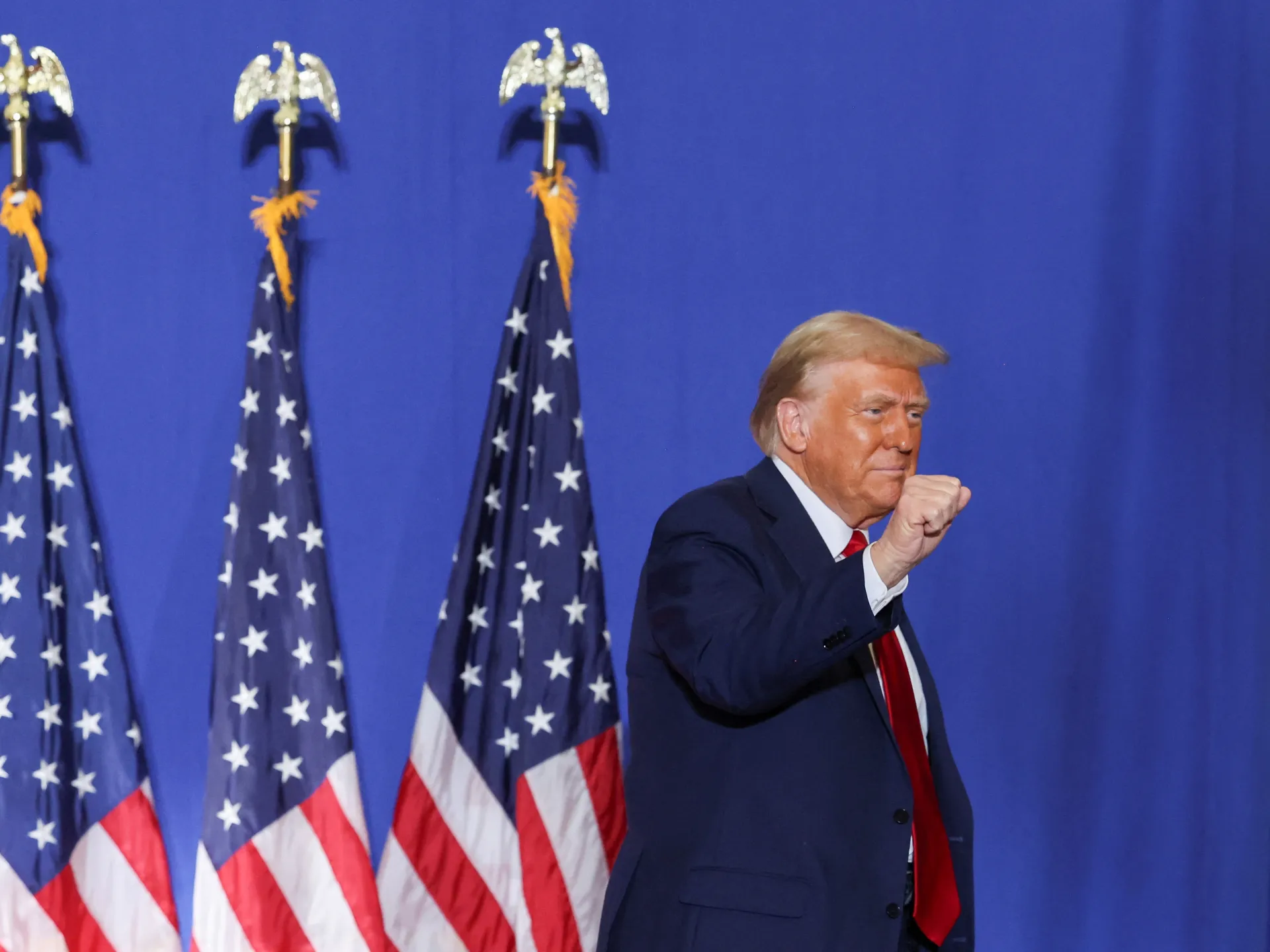Donald Trump has once again succeeded in pressuring a prominent law firm into complying with his demands—but this time, he didn’t even need to make a direct threat.
On Friday, Skadden, Arps, Slate, Meagher & Flom agreed to a series of significant concessions to Trump after the president took action against two other major firms.
These actions were part of his retaliation for what he described as their “obvious partisan representations,” their use of DEI hiring practices, and their connections to lawyers who had previously investigated him.
Trump shared the news on Truth Social, announcing that Skadden had pledged $100 million in pro bono services and had agreed not to “engage in illegal DEI discrimination and preferences.”
Skadden’s decision to yield to Trump’s demands came shortly after two law firms, WilmerHale and Jenner & Block, filed lawsuits earlier that same day, challenging executive orders from the Trump administration.
These orders sought to revoke their security clearances, terminate their federal contracts, and prevent federal employees from working with the firms.
Although Trump had not specifically targeted Skadden with an executive order, the firm appeared to bow to pressure after Elon Musk made a public remark on X, calling for the firm to “stop” its litigation against conservative filmmaker Dinesh D’Souza.
According to Trump, Skadden agreed it would “not deny representation to clients, such as members of politically disenfranchised groups,” even in pro bono cases, due to the “personal political views of individual lawyers.”
Furthermore, the firm committed to funding at least five fellows who would work on projects related to “Assisting Veterans, ensuring fairness in our Justice System, combatting Antisemitism, and other similar types of projects.”
Skadden’s executive partner, Jeremy London, issued a statement shared by Trump, claiming that the firm had “engaged proactively” with the Trump administration.
In a somewhat ironic move, Skadden’s statement also expressed the firm’s “strong commitment to ending the Weaponization of the Justice System and the Legal Profession.”

Donald Trump
Critics, however, argue that Trump’s clear efforts to intimidate law firms for defending clients and causes he opposes, or for employing lawyers he has deemed enemies, represents a textbook example of the weaponization of the justice system and the legal profession.
In response to Trump’s actions, an open letter was circulated among the legal community, organized by Delaware Attorney General Kathleen Jennings and signed by 21 state attorneys general.
The letter urged law firms to resist what it called “illegal and unconstitutional threats of retribution” for representing clients and cases that oppose the administration.
“Lawyers are not spectators to the Constitution; we are its agents. We cannot allow the President to scare law firms and lawyers into silence,” the letter, which was released Friday, stated.
Last week, Skadden associate Rachel Cohen submitted a conditional resignation in a sharply worded letter, urging her firm to stand against Trump’s attempts to intimidate major law firms.
Her resignation came after another firm, Paul, Weiss, Rifkind, Wharton & Garrison, capitulated to the administration, agreeing to provide $40 million in free legal services, revoke their DEI policies, and distance themselves from one of their own lawyers—simply because he had once investigated Trump for alleged financial crimes.
In exchange, the Trump administration rescinded its order against the firm, which, in light of Skadden’s large pro bono commitment, made Paul, Weiss appear to have come out ahead.
Another law firm, Perkins Coie, which had been targeted for representing Hillary Clinton’s 2016 presidential campaign, filed a challenge against a similar executive order earlier this month.
Perkins Coie was granted a temporary injunction against the Trump administration’s threats to revoke their security clearances and access.
